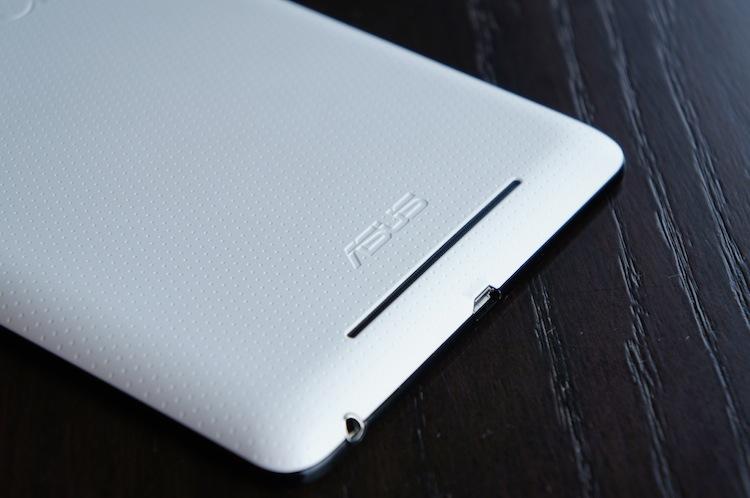
In the mobile space, ASUS has really only made a name for itself in the tablet sector. It's bread and butter is its PC lineup, namely the recent ZenBooks. But the Transformer tablets (and more recently dubbed Transformer Pads) have done exceedingly well in contrast to other Android tablet brands.
From the very first Transformer, the Eee Pad Transformer (TF101), ASUS has had trouble keeping up with demand. The TF201, more commonly known as the Transformer Prime, also went out of stock rather quickly, both online and in brick and mortar stores across the nation. The more recent Transformer Pads, the TF301 and TF700T, have been slightly less popular than their predecessors, but a lot of the fizzle stems from lack of clarity on launch details.
But the facts still stand. ASUS has made some of the most popular Android tablets to date. In fact, The Telegraph reports the Taiwanese firm made the "best selling Android tablet ever." The Google Nexus 7 – manufactured by ASUS – has outclassed every other Android tablet ever, thanks to its remarkable pricing, which starts at $199 for the 8GB model and jumps to $249 for the 16GB variant.
Price, however, isn't the only great part of the Nexus 7. It's a fantastic tablet for the money, but pricing aside, it's easily one of the best tablets … ever. Specifications are even on par with the much more expensive competition. It has a gorgeous 7-inch (1,280 by 800 pixel) display, 1.6GHz quad-core Tegra 3 processor, 8 or 16GB of built-in storage, 1GB RAM, NFC support and a 4,325mAh battery. Great price and specs don't make a great device, though. Performance is great and buttery smooth, thanks to Android 4.1 Jelly Bean, and the design is classy with high quality materials composing its chassis.
To be frank, the Nexus 7 is the most you could possibly ask for out of a 7-inch tablet, not to mention for only $200.
ASUS knocked a grand slam with the Nexus 7. But ASUS is continually thinking outside the box. Tablets with keyboard docks is only the Taiwanese tablet maker's mainstream option. A less popular concept is its PadFone, which is only a phone that docks into a portable display with a giant battery.

Late last night, ASUS announced the successor to the less-than-stellar, original PadFone. The PadFone 2 hosts a bevy of drool-worthy specs: 4.7-inch 720p IZGO display from Sharp, 1.5GHz quad-core Snapdragon S4 chip, 2GB RAM, up to 64GB storage, HSPA+ and LTE connectivity, NFC, a 13-megapixel camera and a 2,140mAh battery. In short, it's the best Android smartphone to date, at least on paper. And that's not even considering the fact that this phone can be docked in a 10-inch (1,280 by 800 pixels) external display that will charge the phone while you use it.
The Verge's Vlad Savov had only great things to say about the PadFone 2 after getting some hands-on in Milan. Savov said, "forget the pad, this is a great phone in its own right." And this is exactly why ASUS should make a Nexus phone.
Rumors have spread far and wide that Google is giving its Nexus program an overhaul, letting any interested manufacturer in on the Nexus action. So far, we've heard tale of a Sony-made Nexus and later learned the "leaked pictures" were faked. And we're learned practically all there is to know about the LG-made Nexus, seeing as a site out of Belarus reviewed the phone already. (Don't even get me started.)
There have also been loose rumors of Nexus phones made by Samsung, HTC and a couple other popular Android manufacturers. But ASUS fans across the Web have been begging for an ASUS Nexus handset. The Nexus 7 is a fantastic entry, and a Nexus along the lines of the PadFone 2 (sans display dock) would be phenomenal.
ASUS has always had respect for Android design language, leaving the interface mostly stock; it's more than capable of making a high-class phone with at least decent design and materials; and, best of all, it has already established a strong connection with Google, creating one of the market's most successful tablets ever. If you ask me, no one company is better suited to make a Nexus phone this year than ASUS.
What say you, ladies and gents? Should ASUS make a Nexus phone? Should it be similar to the PadFone 2? Or do you already have your sights set on a possible Nexus from another manufacturer?
Image via The Verge